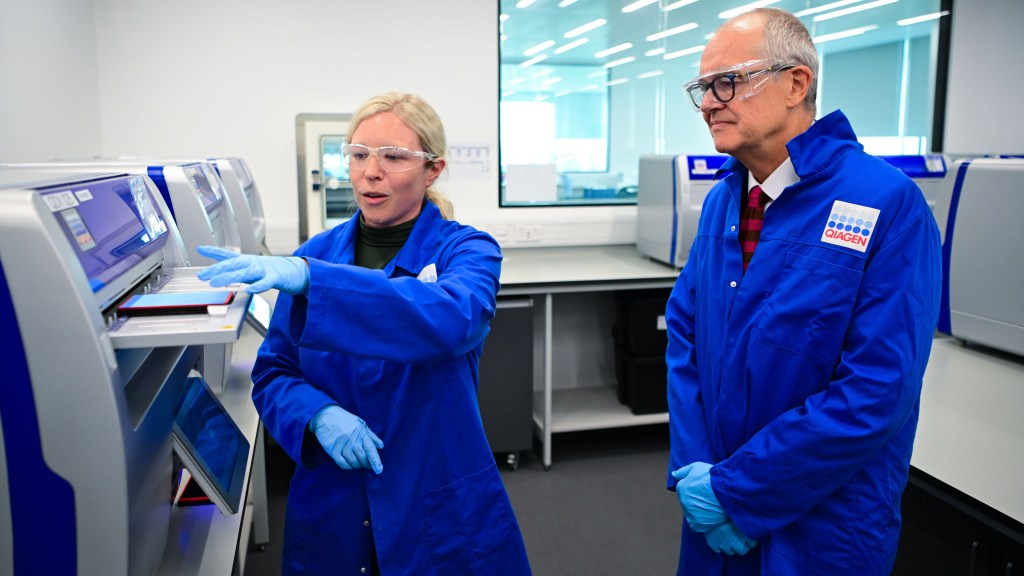Training Program Launched for Deep Tech Investors
According to the president of the Royal Academy of Engineering, enhancing access to knowledgeable venture capital is crucial for science and technology engineers to capitalize on their innovations. This was emphasized as the academy launched a collaborative initiative with Imperial College London and the Department for Science, Innovation and Technology to establish a government-funded training program aimed at educating 22 early-career investors in the realm of applied science and advanced technology, collectively referred to as deep tech.
During remarks preceding the release of the academy’s annual assessment of the UK’s deep tech ecosystem on Wednesday, Sir John Lazar remarked, “Our country needs to enhance the skills of our venture capital community, shifting their focus from primarily software or fintech sectors to understanding the vital role of deep tech investments.”
The report, based on research conducted by Pitchbook, indicates that securing funding for deep-tech ventures proved “incredibly challenging” in 2024, with the number of deals dropping to levels not observed since 2016. The total funding is projected to reach £6 billion, mirroring the figures seen in 2020, accompanied by fewer but larger deals.
While notable startups, such as Wayve, an autonomous vehicle firm in Cambridge, have attracted significant investment, much of the funding comes from abroad. The report reveals that in the first half of 2024, 32.5% of deep-tech venture capital deals involving British companies had no participation from UK investors, a rise from 29.8% the previous year.
Additionally, the report emphasizes that the success of deep-tech startups is contingent on several factors, including patient investors, modern facilities, and dependable energy and computing resources. Sir John Lazar noted, “These elements rely on a funding landscape that appreciates these needs, demonstrates patience, and is willing to commit. However, we currently lack sufficient venture capital investors with such attributes in this country.”
Science Minister Lord Vallance of Balham echoed these sentiments, stating, “Cutting-edge innovations and emerging companies too frequently face barriers in growth or are compelled to leave the UK due to limited capital access.” He added that the newly introduced fellowship aims to increase investor awareness regarding the extensive potential present in the UK’s deep-tech and life sciences sectors.

Lazar serves on the prime minister’s Council for Science and Technology and chairs the Raspberry Pi Foundation, in addition to making over 50 angel investments in deep-tech firms.
Ana Avaliani, who directs the Royal Academy’s enterprise hub, explained that the selected investors for the year-long training program will acquire essential skills and a robust network to assess and invest in deep-tech opportunities.
“In times when capital was more readily available, many investors still hesitated to engage in deep tech due to a lack of STEM expertise,” Avaliani noted.
She further stated, “While we won’t turn them into scientists or engineers, we aim to provide a solid foundational understanding so they can craft investment briefings, analyze data, and form effective networks within the deep-tech sector.” Understanding who to consult for research support on investment opportunities is also critical, she highlighted.

Sir John Lazar, who assumed presidency of the academy in September for a five-year term, reflected on future challenges, asserting, “We need to ensure that engineers play a pivotal role in significant decision-making processes moving forward.”
He referenced critical areas such as industrial strategy and the urgent need for rapid decarbonization of the national grid, asserting that these challenges inherently involve numerous engineering projects, hence the necessity of prioritizing engineering input and perspective.
The academy defines deep tech to encompass sectors including life sciences and artificial intelligence.




Post Comment